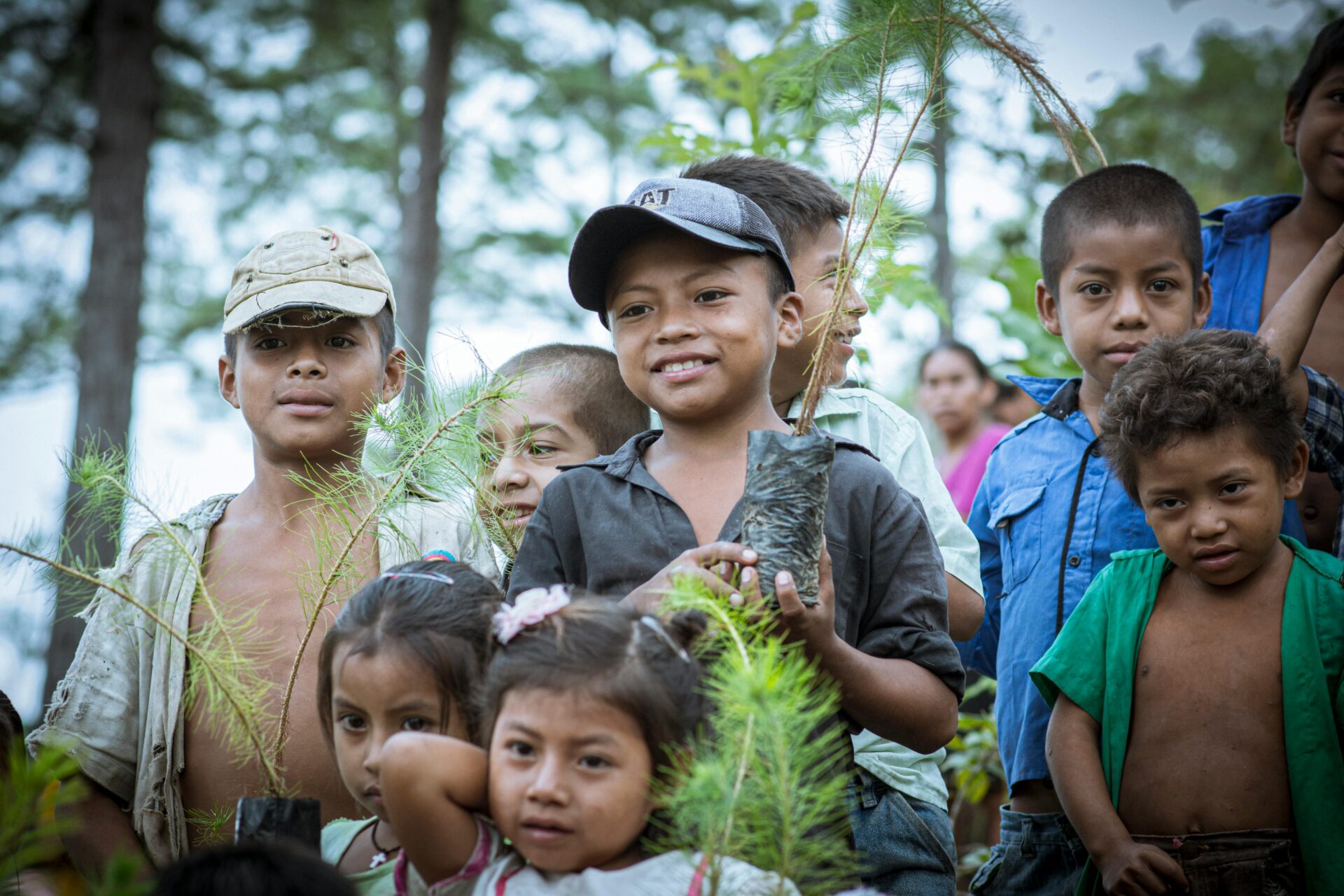The relationship between environmental factors and health outcomes is becoming increasingly significant, especially in the NGO and research sectors. Understanding and addressing these connections are crucial for improving public health, particularly in vulnerable communities.
Environmental Determinants of Health
Environmental determinants of health encompass a wide range of factors such as air and water quality, exposure to hazardous substances, and climate change. The World Health Organization (WHO) estimates that approximately 24% of global deaths are linked to environmental factors. This statistic highlights the profound impact that environmental conditions can have on health outcomes. Poor air quality, for example, is a major contributor to respiratory and cardiovascular diseases, leading to millions of deaths annually (World Health Organization (WHO)) (World Health Organization (WHO)).
Role of NGOs
Non-Governmental Organizations (NGOs) are pivotal in addressing environmental health issues. They raise awareness, conduct research, implement community-based projects, and advocate for policy changes. For instance, Partners In Progress is actively working to improve air quality in urban areas by introducing green spaces and implementing pollution control measures. Such initiatives not only reduce respiratory illnesses but also enhance the overall well-being of the community.
Recent Research and Data
Recent studies have provided valuable insights into the link between the environment and health. A 2023 study published in The Lancet Planetary Health found that long-term exposure to air pollution increases the risk of cardiovascular diseases by 20-25%. Another study by Environmental Health Perspectives reported that communities with higher green space coverage have a 12% lower prevalence of mental health disorders.
Moreover, climate change is increasingly recognized as a public health emergency. The Intergovernmental Panel on Climate Change (IPCC) in its 2022 report highlighted that extreme weather events are exacerbating health inequalities. Heatwaves, floods, and storms lead to increased mortality and morbidity, particularly among the most vulnerable populations.
Case Studies
Green & Healthy Homes Initiative (GHHI): GHHI focuses on creating safe and healthy housing through energy efficiency upgrades and lead remediation. This initiative has improved health outcomes for thousands of families by reducing emergency room visits for asthma.
Pure Earth: Pure Earth works on pollution problems in low- and middle-income countries. Their project in Indonesia, which involved cleaning up lead-contaminated soil, resulted in a significant drop in blood lead levels among children, showcasing the direct health benefits of environmental remediation.
Policy Advocacy
NGOs also play a crucial role in policy advocacy. By leveraging research and data, they push for stronger environmental regulations and public health policies. The Clean Air Task Force (CATF), for example, has been instrumental in advocating for stricter emissions standards in the United States, contributing to a significant reduction in air pollutants and associated health risks.
Collaborative Efforts
The complex nature of environmental health issues necessitates collaboration across sectors. NGOs, governments, academic institutions, and the private sector must work together to create holistic solutions. Public-private partnerships, community engagement, and cross-sectoral collaboration are essential to driving sustainable change.
Conclusion
The intersection of environment and healthcare is a critical area of focus for NGOs and researchers. By addressing environmental determinants of health, these organisations not only improve individual health outcomes but also contribute to broader public health goals. Recent research underscores the urgent need for continued action and innovation in this space. As the CMO of Partners In Progress, I am eager to connect with others passionate about this intersection. Together, we can create a healthier, more sustainable future.
If you are involved in research or initiatives that explore the connection between environment and health, I would love to connect and discuss potential collaborations. Together, we can amplify our impact and drive meaningful change.
For further reading:
World Health Organization (WHO): Environmental health
IPCC 2022 Report on Climate Change and Health
The Lancet Planetary Health and Environmental Health Perspectives for recent studies on air pollution and health.
Image source: https://images.pexels.com/photos/339620/pexels-photo-339620.jpeg


